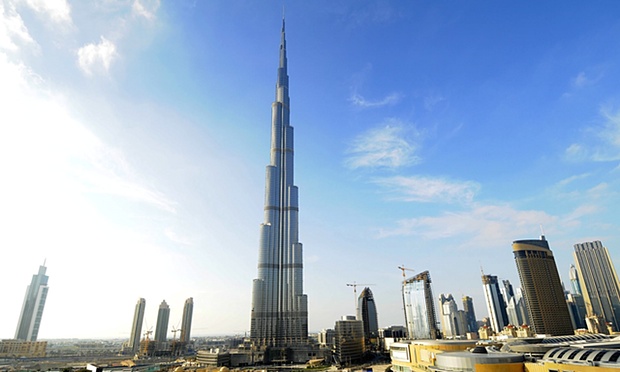Construction Jobs Abroad
Edge Careers are recruitment specialists working within the construction and engineering industries, we work across the board on all vacancies within these industries, including construction jobs abroad.
Here at Edge Careers we always provide the highest possible level recruitment solutions, for both candidates and clients alike, so that we become a recruitment agency that they will use over and over again. As a client, when you begin to work with Edge Careers you will assigned a dedicated key account manager, so that you have a single point of contact within the business. When it comes to our candidates an experienced recruitment consultant will be on hand to guide you through the process and will always be at the end of the phone to provide advise and assistance.
At Edge Careers we have a dedicated International team who work on all engineering and construction jobs abroad, providing our clients with the right candidates for the role.
If you are a a candidate looking for construction jobs abroad then get in touch with Edge Careers’ International team on 01491 822827 or you can register your details with us and one of our consultants will be in touch to help you with a job search.
Similarly if you are a client looking for construction staff to support current and upcoming projects then get in touch with our international team or register your vacancy and one of our dedicated consultants will begin to assist you in finding the best possible matches for your current vacancy.
Edge Careers are Construction and Engineering Recruitment Experts who pride ourselves on offering the highest level of service in the industry to all of our candidates and clients.
To become an Edge Careers candidate, please click here to register your details. If you are a client looking to fill a vacancy, please click here, or alternatively contact one of our consultants to discuss your requirements in more detail via our Contact Us page.
Follow Edge Careers on LinkedIn, Twitter and Facebook for all our latest news, exclusive competitions and events.




